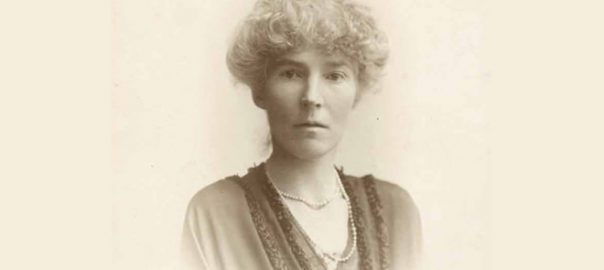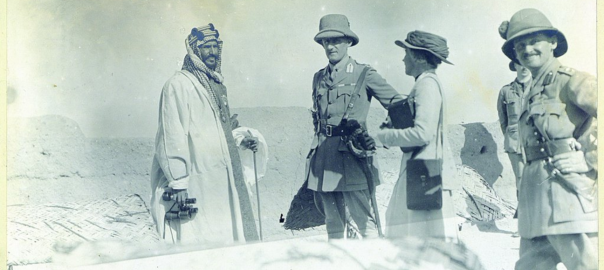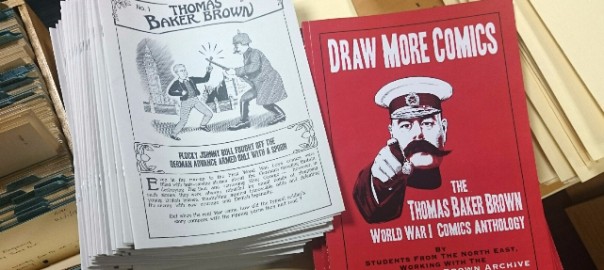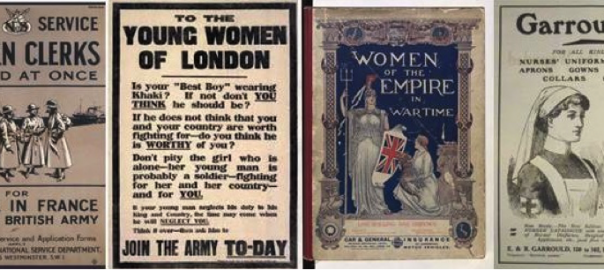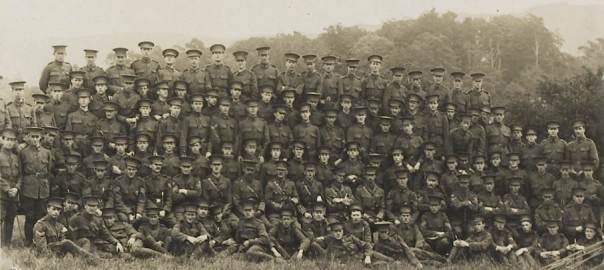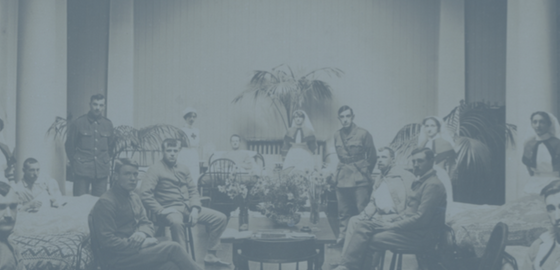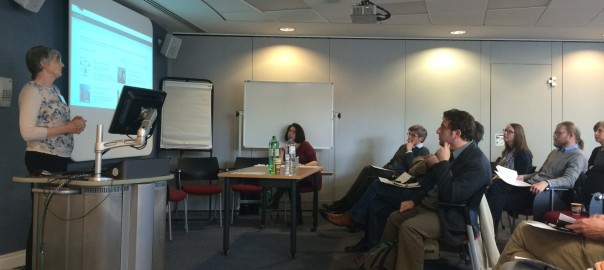A new project to tell the lost stories of Newcastle and Durham University staff and students who fell during the First World War has been awarded £7,000 from the Heritage Lottery Fund (HLF). Both universities invite anyone interested in learning more about the project to an open event at Newcastle University’s Robinson Library at 6pm on 25 June.
The Universities have received the Lottery grant for their project ‘Universities at War: Chronicling the Fallen of Newcastle and Durham Universities (1914 – 1918)’. Awarded through HLF’s First World War: then and now programme, the project focuses on expanding on the work of staff and students from both universities to tell the stories of their fallen alumni by working with volunteers across the region and beyond.
With help from heritage professionals, the information gathered by volunteers will be digitally recorded in an online memory book which everyone can access and contribute to. Research into these important stories will be promoted through public events and an exhibition in 2017 showcasing the work of the volunteers. Both Universities will also work with local schools to help young people understand the local impact of the conflict and develop the skills to research their own memorials.
Commenting on the award, Newcastle University Archivist Ian Johnson said: “We are thrilled to have received the support of the Heritage Lottery Fund to engage the public in the important aim to make these fallen more than just names on a memorial. As many of these fallen were local and the commemorations have sparked everyone’s interest nationally, we know the experts are in our communities and we want them to get in touch to make this a success through credited contributions.”
Ivor Crowther, Head of Heritage Lottery Fund North East, said: “The impact of the First World War was far reaching, touching and shaping every corner of the UK and beyond. In this Centenary year we’re pleased to fund this project which will provide a truly personal link to the conflict and ensure the stories of Durham and Newcastle alumni are heard and remembered.”
The work done so far is available to view at http://memorial.ncl.ac.uk/ and https://www.dur.ac.uk/library/asc/roll/. Volunteers are also welcome to get in touch through contact details available on these sites.
Image: Durham University Officers’ Training Corps, Stobs camp, 1914, Durham University Library Special Collections, Ref: MIA 1/307.
